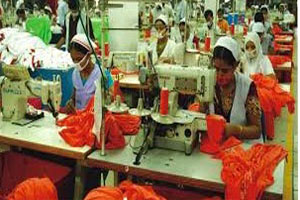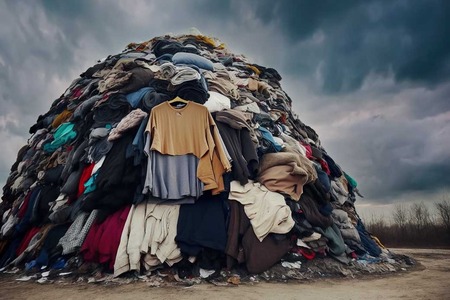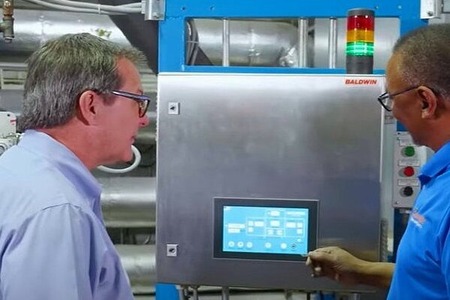
Bangladeshi RMG units increasingly sourcing their raw material from aboard
YarnsandFibers News Bureau 2014-11-17 12:00:00 – DhakaBangladeshi garment manufacturers have started looking towards other destination such as China and India for source their raw materials as the local textile mills due to low pressure of gas and electricity supply disruption and poor transportation system have pushed up prices of their manufactured fabrics.
Readymade garment (RMG) units, which used to prefer local fabrics and yarn, are unattractive to local produced fabrics. With sluggish demand in RMG units and shortage of gas and electricity, over 30 percent of production capacity of textile mills now remains unutilised round the year.
The RMG owners used to prefer local products because of better benefits in making payments and altering materials (if necessary), but high prices of local produces forced them to consider sourcing their raw materials from other countries.
Mohammad Ali Khokon, Managing Director of Metro and Makson Spinning Mills Ltd, said that his factory has a capacity of producing 23 tonnes of yarn per day but for the last one year could not produce over 15 tons daily.
A considerable number of small and medium textile mills were facing closure due to the current situation.
According to Director of the Bangladesh Textile Mills Association (BTMA) Engineer Ahmed Ali those who increased their production capacity following a tremendous export growth in the financial year (FY) 2010-11 are the worst victims of the present situation.
Many of their fellow businesses have increased production capacity following the sudden rise in demand in the year 2010.
But relaxation of rules of origin by the EU and low pressure of gas and electricity and some other bottlenecks have pushed up production cost of local fabrics and put the local millers in an uncertain situation.
Bangladesh has achieved over 40 per cent export growth in RMG in the FY-2010-11 but due to global economic meltdown and euro zone crisis, the RMG sector could not maintain the continuity and made only a marginal growth.
However, after declaration of one-step GSP (generalised system of preferences) by the EU, local RMG owners got the right to purchase cotton and cloths from any destination at competitive prices.
But due to expansion and unutilised capacity, production cost of local mills has gone up, throwing the millers into an uncertain future as local RMG makers are not sourcing cloths from local mills.
The BTMA director has urged the government to take urgent steps to remedy the situation for sustainability of the local textile mills. If the government does not provide necessary supports to local mills, then they will face uneven competition with their foreign rivals and might face the fate of jute sector.
Market Intelligence
Ask for free sample Report

experience
Customer Base
dedicated team
Countries Served Worldwide









